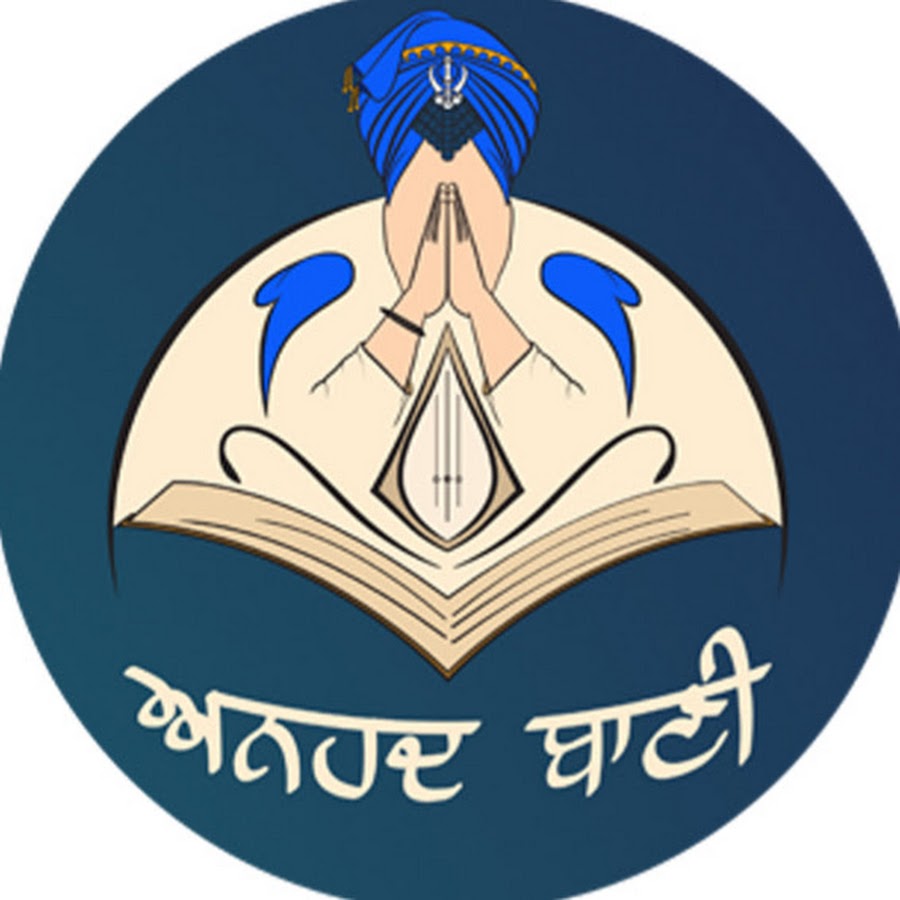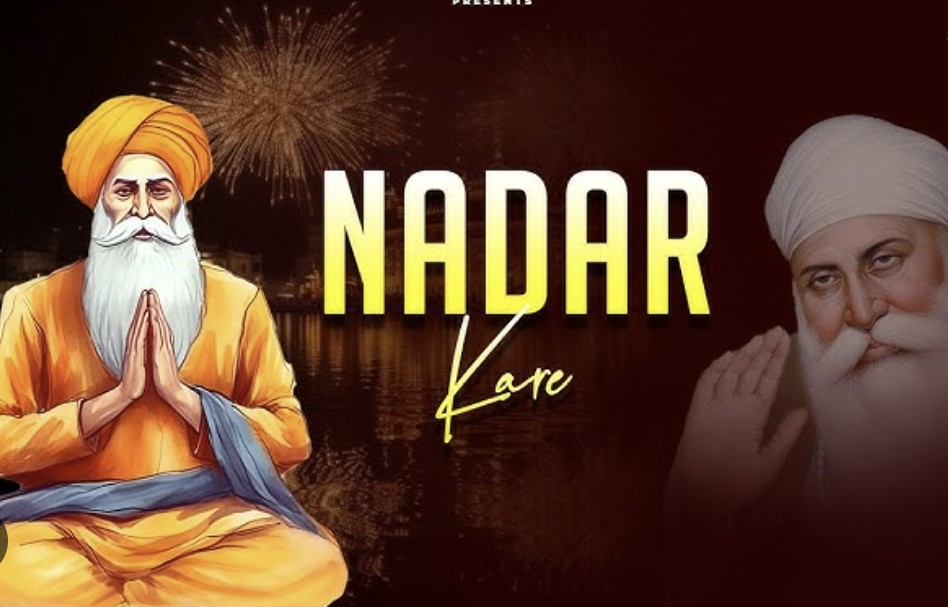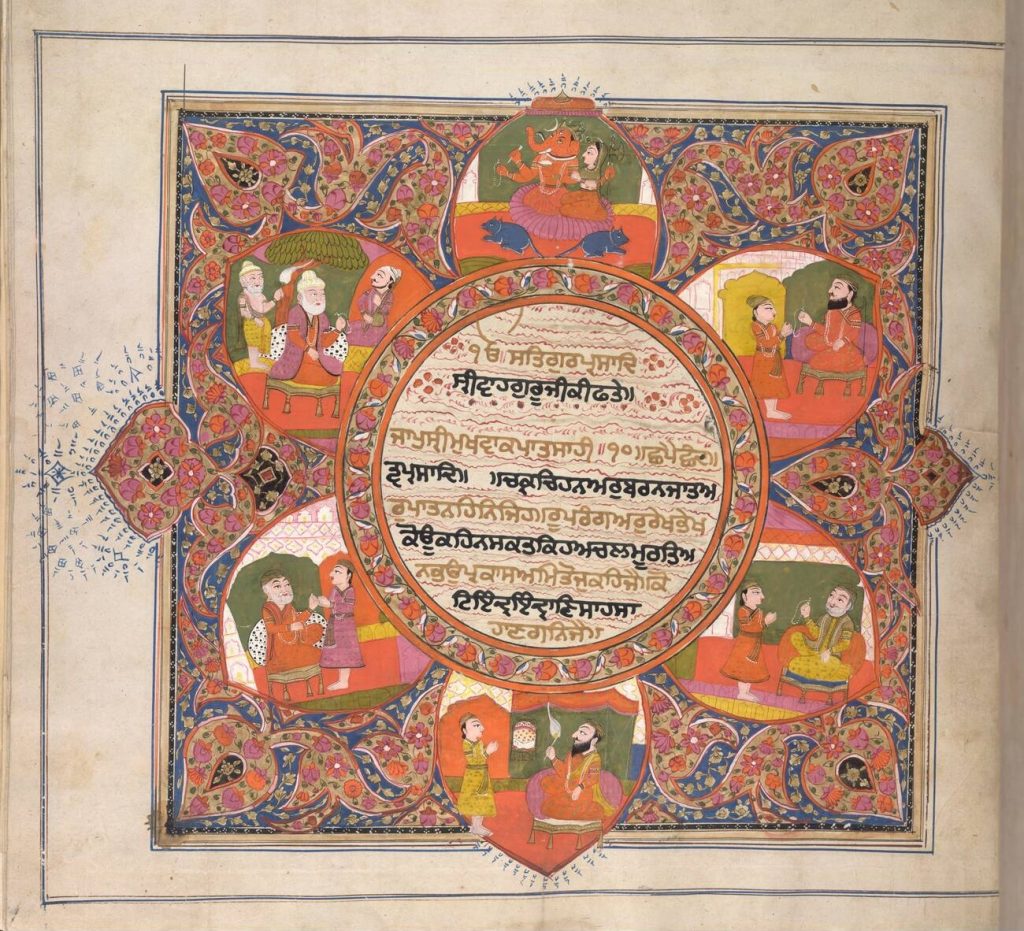Discover the power of Amrit Vela, the divine time before sunrise for meditation and prayer, as urged by Guru Nanak. Experience peace and spiritual blessings.
Explore the Maru Var Mahalla III, a poetic tale of spiritual conflict and realization of Truth in Guru Granth Sahib. Delve into themes of chivalry and divine grace.
Discover Anhad Bani, the mystic melody of yogis, symbolizing divine bliss. Learn how inner music connects with higher truths in spirituality.
BACHITRA NATAK (bachitra = marvellous, wondrous + natak = drama, play) is the name given a complex of compositions, commonly attributed to Guru Gobind Singh, the Tenth Guru or prophet teacher of the Sikh faith, assembled in his book, the Dasam Granth: hence, the name dasam (tenth) granth (book), i.e. Book of the Tenth Master to distinguish it from the earlier work, the Adi (first, primary or original) Granth, now venerated as Sri Guru Granth Sahib. The most familiar section of compositions collectively called Bachitra Natak Granth is the Bachitra Natak itself, some of the others being Chandi Chritra Ukti Bilas, Chandi Chritra, Var Sri Bhagauti Ji Ki (or Chandi di Var), Gian Prabodh, and Chaubis Autar.The composition of Bachitra Natak may have begun in 1688, at Paonta during the first spurt of Guru Gobind Singh\'s literary activity.
Explore the Phunhe poetic meter in Guru Granth Sahib, expressing deep devotion and longing for the Divine. Discover its origins and spiritual significance.
Discover the timeless beauty of Barah Maha poetry, where nature reflects the heart's yearnings and separation, a tradition rooted in classical Indian epochs.
Explore the concept of Punn in Indian tradition, embodying ethics, spirituality, and metaphysics, impacting present life and eschatological state.








